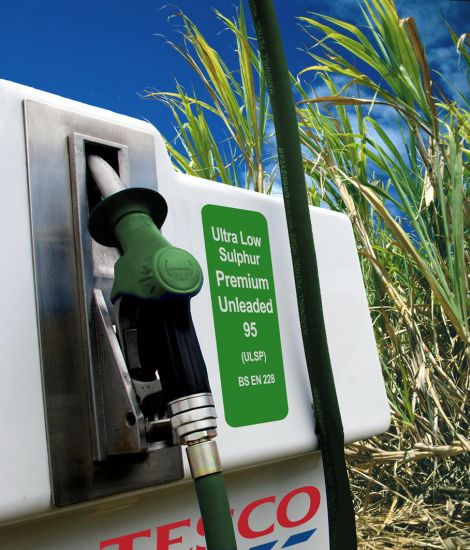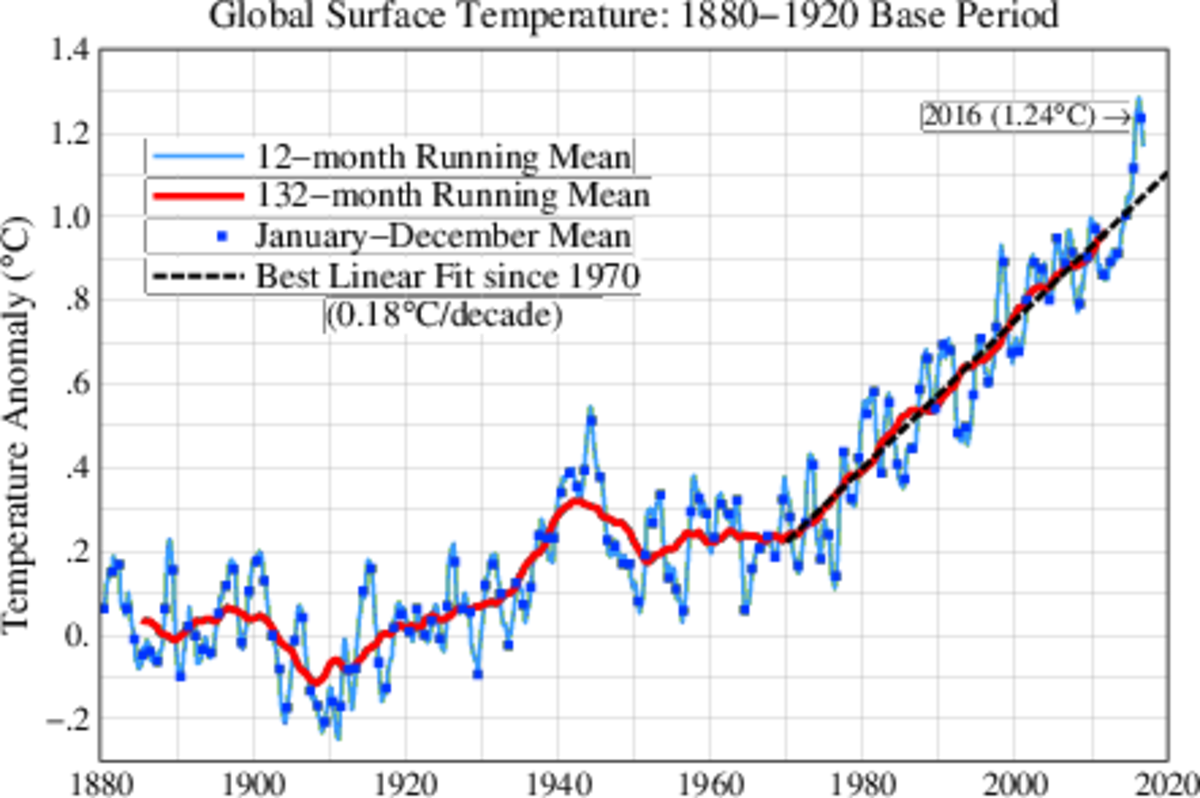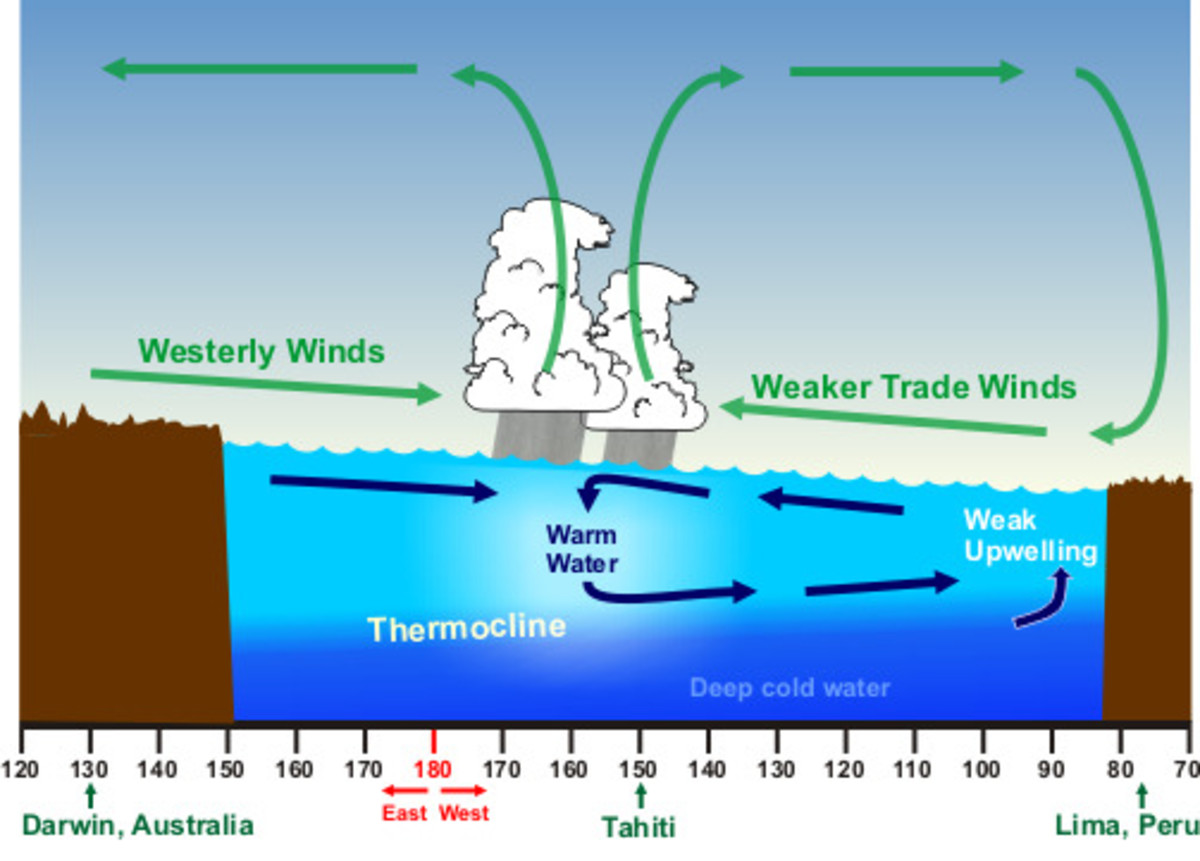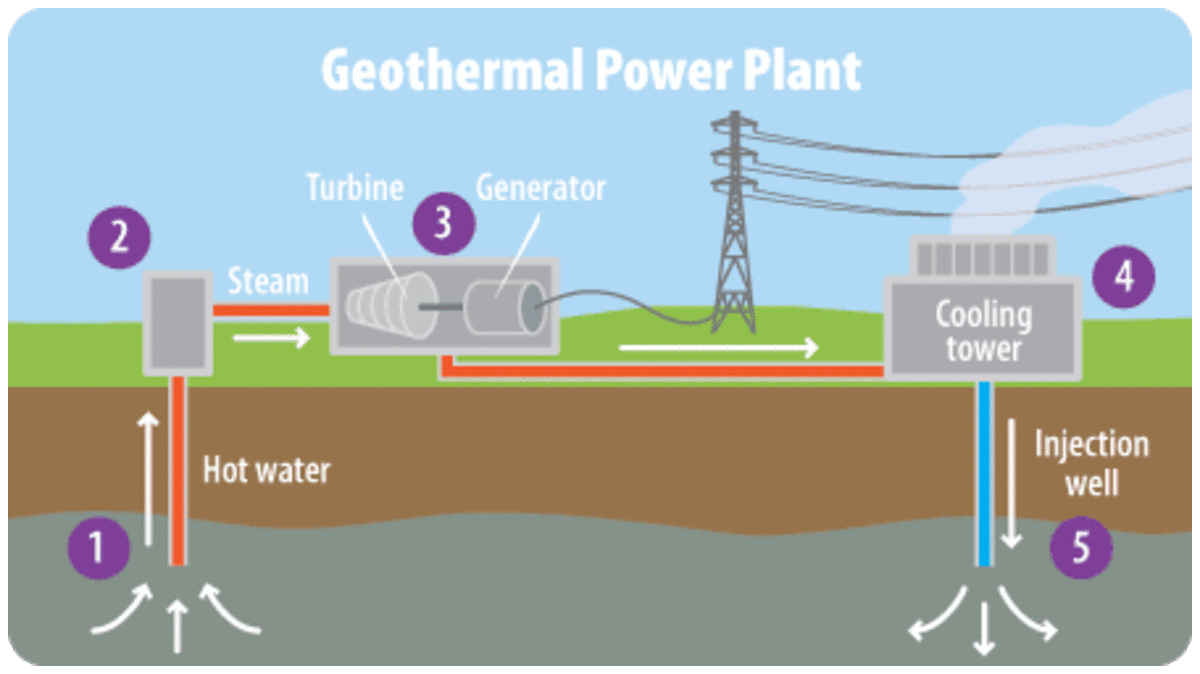The Bio in Bioethanol

The Craze
Being environmentally friendly is the in thing nowadays. Many products are being advertised as biodegradable, environmentally harmless or carbon neutral. Among these are biofuels which are now gaining a good following from the scientific community and a good support in political circles around the world. In particular, bioethanol has been studied as a possible alternative to gasoline. At present, however, blends of bioethanol and gasoline are more common in vehicles with fuel injection engines. These have partially replaced the unleaded and premium gasoline sold in the world.
Bioethanol vs. Ethanol
What is the difference between bioethanol and ethanol? From the point of view of a chemist or any person knowledgeable in chemistry, bioethanol and ethanol are practically just the same product. They have the same molecular and structural formula, and are, by all means, the same substance. In other words, bioethanol is just plain ethanol but which were produced from sugar derived from plants which we call feedstock.
Like ethanol, bioethanol is also an alcohol with two carbons in the chain. Many are misled because of the prefix attached the word "ethanol" in the word "bioethanol". While many think that this is an indication of its ecological friendliness, the prefix "bio-" in "bioethanol" is, in fact, based on the fact that this particular type of alcohol or ethanol comes from the products of planting and farming. In other words, the "bio-" in "bioethanol is different from the "bio-" in "biodegradable".
Bioethanol, Global Warming and Greenhouse Gases
A concept popularized by the former US Vice President Al Gore, global warming has become more than a term used in academic and scientific circles. It has sparked the interest and attention of many, and have become a household term.
Many believe that bioethanol helps slow global warming by cutting on greenhouse gases produced. While bioethanol do help in slowing down global warming, it is not because less greenhouse gases are emitted when it is burned. Chemists and engineers know that there are, in general, a number of products and byproducts of the combustion process. Among these are carbon dioxide and water vapor which are greenhouse gases.
How bioethanol helps address the issue of global warming is better explained by the way it is being produced. In general, biofuels are produced using different feedstocks which need to be planted. An increase in the demand for biofuels also increases the number of plants that are needed to produce the amount of biofuel desired to meet the demand. These plants use carbon dioxide in the process called photosynthesis. In so doing, it reduces the negative impact of the use of biofuel by letting the plants which will be sources of these bioethanol absorb the carbon dioxide and utilize it for photosynthesis. The problem now is this: The high demand for biofuels somehow leads to instability of supply. Because of this, some are considering other possible means of producing these without using the feedstock initially used. In so doing, the people promoting the use of biofuels held on to the idea that biofuels can help reduce the effects of greenhouse gases on global warming, even when the basic assumptions behind it have been set aside.
Renewability
One advantage of bioethanol (and biofuels, in general) is its ease of production. In contrast to petroleum or fossil fuels which are obtained only after decays of living matter have been compacted by pressure beneath the earth's surface for thousands of years, biofuels can be easily produced from the plants that are planted now. Hence, unlike petroleum fuels which would take such a long time to replenish, biofuels can be replenished as soon as you plant a new batch the following season or the following year.
Nevertheless, whether biofuels can replace petroleum fuels in the long run is yet to be determined. Biofuels may be more renewable than petroleum fuels, but to say that biofuels are sustainable fuels is to neglect the fact that there is currently a shortage of supply of feedstock for biofuels in the world. Not only this, the craze for biofuels has even led to the increase in the prices of food and could have unwanted effects on the supply of food. If you were the farmer, would you rather plant food which are sold cheaper than biofuel feedstocks which could be sold at a higher price? Furthermore, while many prefer GMO-free plants for food, no one would care if the feedstock used for biofuels are GMO free. The use of genetically modified strains for biofuels can reduce the costs of producing biofuel feedstock.
Safety
Some claim that bioethanol is easier and safer to handle than gasoline. In reality, the safer one of the two would depend on one's criteria for safety. Bioethanol is ethanol, the very same substance used in alcoholic drinks. Because of this, we can say that bioethanol is, in a way, safer than gasoline which is a combination of various organic compounds. When bioethanol spills, one would probably encounter less skin problems than when gasoline spills. Nevertheless, bioethanol is more volatile than gasoline. Because of this, bioethanol is more flammable. Hence, in this way, bioethanol can be said to be less safe than gasoline.
Usability
A number of users of bioethanol blends of gasoline claim that these destroy their engines. There might really be a need to replace or modify the engines of vehicles, especially the older models, in order to be able to use bioethanol blends or bioethanol itself. One thing that could have caused engine breakdown is probably the fact that ethanol or bioethanol is more hydrophilic (water-loving) than gasoline. Bioethanol is known to absorb moisture from the air and from the surroundings. Excess water would cause problems in the engine.
Furthermore, bioethanol has an affinity for rust. Rust in engine and fuel compartments would be transferred to the bioethanol fuel, thereby causing a thinning of these steel parts. Moisture in ethanol could cause rust, which would then be "eaten" by the ethanol. If the moisture content of ethanol is not controlled, there will really be problems especially if engine and fuel compartment parts are made of steel or iron alloys.
I believe that biofuels are overrated. This does not mean that we must do away with bioethanol; rather, we should try to research more on these.








